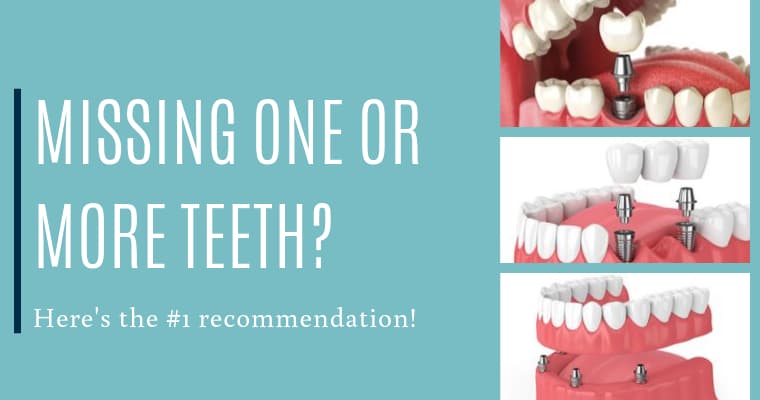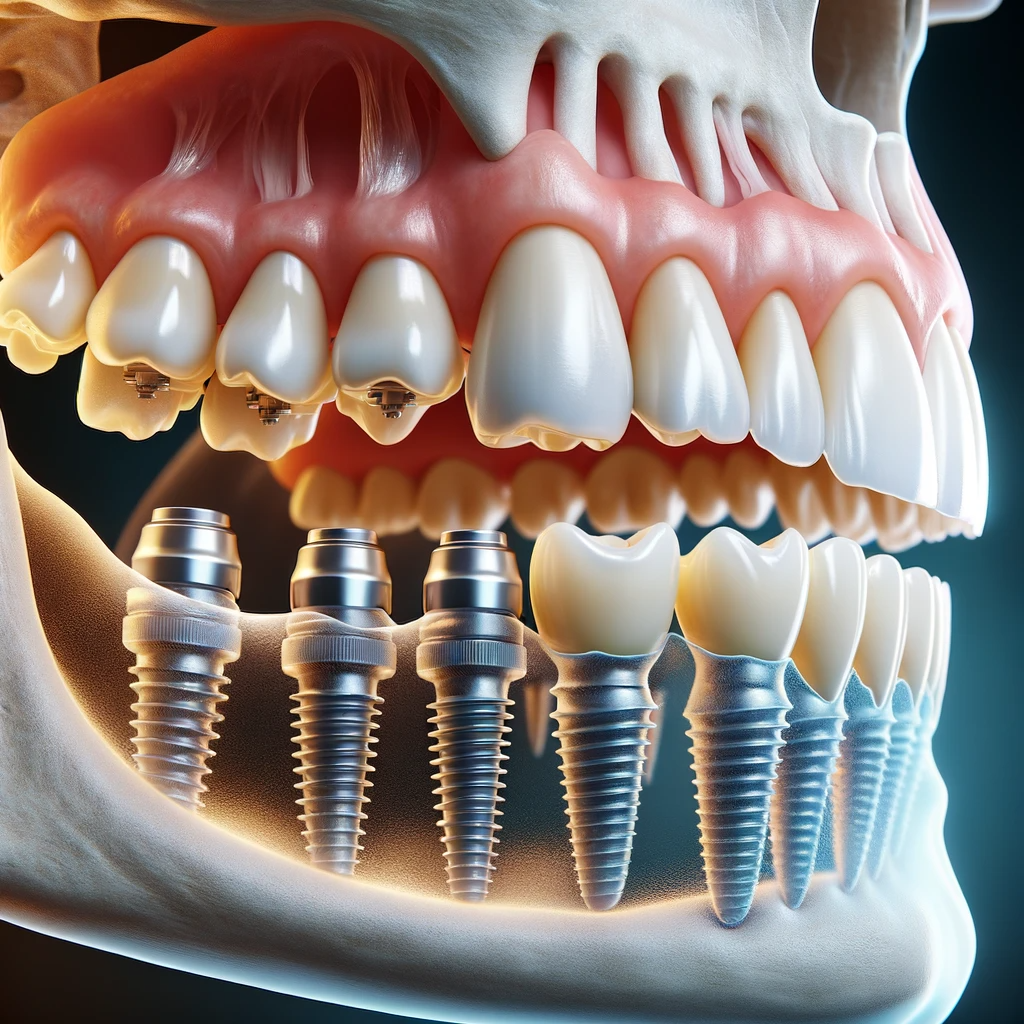Dental Sense for Dummies
Dental Sense for Dummies
Blog Article
An Unbiased View of Dental Sense
Table of ContentsIndicators on Dental Sense You Need To KnowLittle Known Facts About Dental Sense.The Buzz on Dental SenseWhat Does Dental Sense Mean?
are clinical gadgets operatively implanted into the jaw to recover a person's capacity to eat or their appearance. They supply assistance for fabricated (phony) teeth, such as crowns, bridges, or dentures. When a tooth is lost as a result of injury or disease, an individual can experience issues such as fast bone loss, faulty speech, or changes to chewing patterns that lead to discomfort.Dental dental implant systems contain a dental implant body and oral implant joint and might additionally consist of an abutment fixation screw. Kids dental. The oral implant body is surgically put in the jawbone instead of the tooth's root. The dental implant joint is normally attached to the dental implant body by the joint fixation screw and extends with gums right into the mouth to support the affixed fabricated teeth
(https://forums.hostsearch.com/member.php?274218-dentalsense1)Structure of The Oral Implant System choosing dental implants, speak to your oral service provider regarding the possible advantages and risks, and whether you are a candidate for the procedure. Points to take into consideration: Your overall health and wellness is an important element in establishing whether you are an excellent prospect for dental implants, for how long it will take to heal, and for how long the dental implant may remain in area.
Cigarette smoking might influence the recovery process and reduce the long-lasting success of the implant. The healing procedure for the implant body might take several months or longer, throughout which time you typically have a momentary joint instead of the tooth. the oral implant procedure: Carefully adhere to the oral health directions given to you by your dental provider.
The Definitive Guide for Dental Sense
Implant failing can cause the need for one more surgery to deal with or change the implant system. Restores the ability to eat Brings back cosmetic look Helps maintain the jawbone from reducing due to bone loss Preserves the health and wellness of the bordering bone and gum tissues Helps maintain surrounding (neighboring) teeth secure Boosts high quality of life Damage to surrounding all-natural teeth throughout implant positioning Injury to the surrounding cells during surgery, such as sinus opening Injury during surgical treatment (for instance, crack of bordering jawbone) Insufficient feature, such as feeling like the teeth do not bite together generally A sensation that the tooth is loose or turning in area arising from an abutment screw loosening Implant body failure (looseness of the dental implant body) as a result of systemic infection, which may be most likely in people with unchecked diabetes mellitus due to local infection in bone and gum tissues supporting the dental implant body as a result of postponed healing, which may be more probable in patients who smoke Trouble cleansing the gums around the implant, resulting in inadequate dental health Without treatment periodontal condition Post-surgical numbness as a result of nerve impingement or damage Always notify health and wellness care companies and imaging service technicians that you have oral implants before any kind of magnetic vibration imaging (MRI) or x-ray procedures.
FDA is not knowledgeable about any kind of negative occasions reported for MRI or x-ray procedures with dental implants. Oral implants systems are commonly made from products that adhere to global agreement requirements of the International Company for Standardization (ISO) or ASTM International. These requirements have details of what makes a secure material.

A dental implant is a framework that changes a missing tooth. With screw-like devices, the cosmetic surgeon inserts an implant right into the jawbone, and it acts as a support for a man-made tooth, called a crown.
The Buzz on Dental Sense
Some people are not qualified for oral implant surgery. It is for oral surgeons to operate on individuals with: acute illnessuncontrollable metabolic diseasebone or soft cells disease or infectionIf these concerns are resolved, a person can have the surgical treatment. In, oral doctors avoid operating people with: If people with any of the above undergo dental implant surgical procedure, there is a higher risk of the dental implant stopping working.

Dental dental implant surgical treatment is a personalized process. Offer get redirected here you time to heal. Connect the message and final crown, bridge or denture.
Next off, your specialist will thoroughly put the oral implant into your jaw. Your surgeon will certainly reposition your gums and close the cut with stitches. If your implant is near the front of your mouth, your dentist will certainly make a temporary tooth for you to wear until you recover. By doing this, you won't have a gap in your smile while you recover.
Dental Sense for Dummies
Throughout the healing phase, your jawbone must fuse to the dental implant. This process can take anywhere from three to 9 months.
When your dental implant heals, your dental practitioner can connect the abutment (tiny port article) and your last restoration (crown, bridge or denture). This normally takes concerning one hour to complete and might call for a 2nd minor surgical procedure. You should not really feel any discomfort throughout your oral implant procedure due to the fact that your provider will utilize drug to numb your periodontals.
Report this page